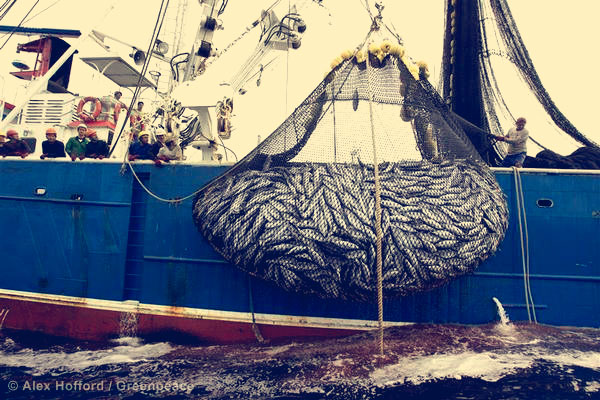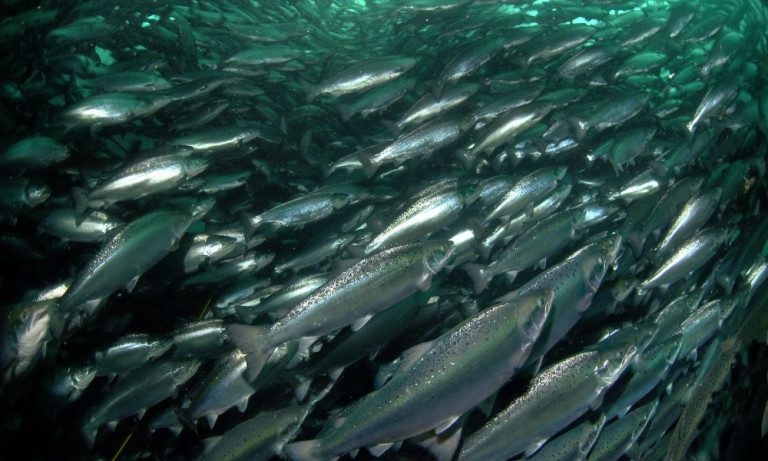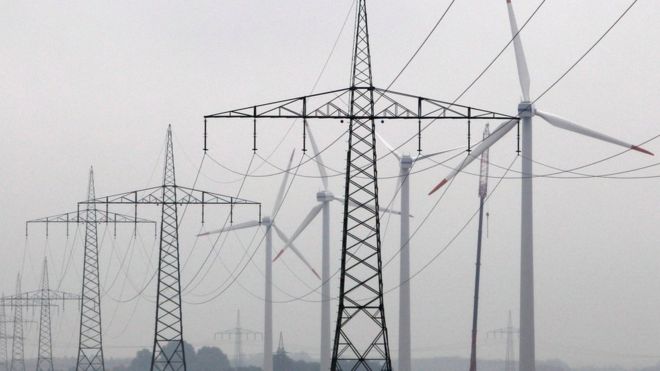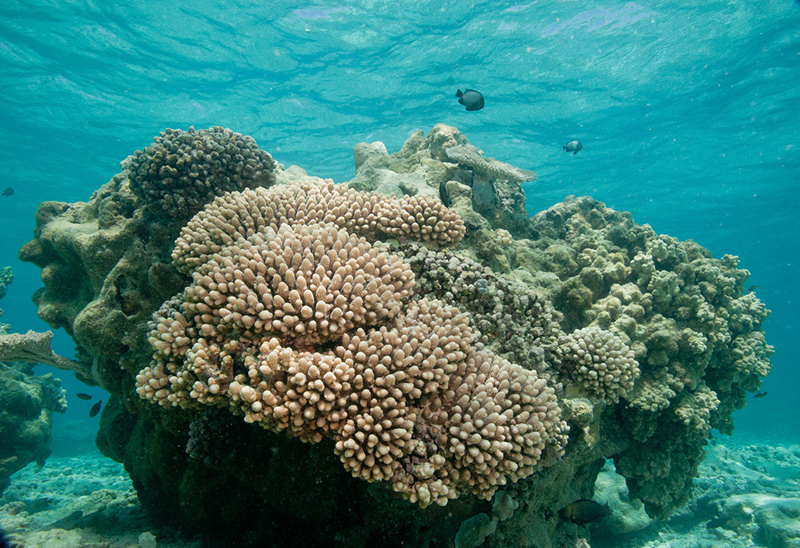By William Sosinsky
In keeping with the theme of the last article we need to examine how we are managing our oceans for food production and the issues we will soon be facing unless we dramatically change our global management practices.
Scientists from monitoring groups as diverse as NOAH, The United Nations, and Stanford University are warning us that if we continue to follow our current course, we will empty our oceans of fish as a food source by 2050. Right now over 75% of the ocean species we consume for food are in decline and being harvested faster than they can reproduce. Additionally, 90% of our larger fish such as tuna and swordfish have been removed from the food chain all together. Billions of people globally rely on fish from the oceans as their primary source of protein and when those fish are gone there will be nothing to replace those essential nutrients.
I’ve heard repeatedly from those who discuss these concerns that land based fish farming will make up the difference in the years ahead replacing that which we are currently depleting from our oceans. What they never seem to address however is what we are going to feed those farm raised fish? The great majority of all commercial fish feed is derived from species such as sardines, mackerel, and menhaden which are considered poor table fish. With the rapid expansion of global fish farming, those “feeder” species are being depleted at an even more aggressive rate than the “food fish”. This will essentially eliminate them as a feeder source by 2035. Though many countries are looking toward plant and insect based feed sources to make up for the projected shortfalls, the fish that are being raised from these alternate feed stocks are of inferior nutrient content. Without using “feeder” fish as a feed source their farm raised fish fail to develop the essential omega 3 and other fatty acids so prized from a nutrient perspective.
Another issue that must be addressed is determining which fish species convert feeder protein to actual consumable weight most efficiently. This a major concern as the prospects of global starvation and wide spread hunger come into focus. If we are to feed our rapidly expanding population we will have to get a lot more proficient at producing consumable protein and smarter about the fish we decide to raise. Some of the more popular species that consumers desire such as Salmon, Tuna, and Swordfish require as much as twenty times their weight in protein to produce 1 unit of consumable protein. There are species such as Tilapia, Barramundi, and Catfish which bring that ratio down to as low as 2 to 1.
If we are to avoid over-harvesting the ocean and create a global fish farming infrastructure that produces high nutrient fish to supplement demand we need to rethink our approach. Energime University will be teaching advanced fish farming methodology utilizing select strains of omega rich algae produced in conjunction at those same farming sites to help supplement nutrient development. This will be a future requirement of all fish farming operations as we switch from a fish based diet to a plant and insect diet. A whole new industry raising the insect protein and plant matter for the farmed fish has to be developed on a massive scale. This will require a global effort and the development of a whole new segment of our agricultural/aquaculture economy. Energime University will play a critical role in developing those capabilities through our training and education platform around the globe.
Additionally research is being conducted worldwide to identify the most “efficient” and consumer-desirable species to focus future production efforts. Fresh water species from places as such as the Amazon may play a key role in providing those more “efficient” protein converters.
These are essential steps for our future as we confront the challenges of the 21st Century. The support of our population and the commitment to making these necessary changes is the critical first step. You are the key to our eventual success or failure. It is not enough that you understand or get it. It is essential that we all work to empower those who do not “get it” or do not have access to the knowledge and capabilities to change their current practices. In this case, at this time in history, we will all sink or swim together. We have to be very concerned that everyone is involved in managing and consuming these resources are also involved in implementing these changes.
It is a global issue. It requires a global solution. A standardized global education and training platform is where it starts. Please support Energime University!






